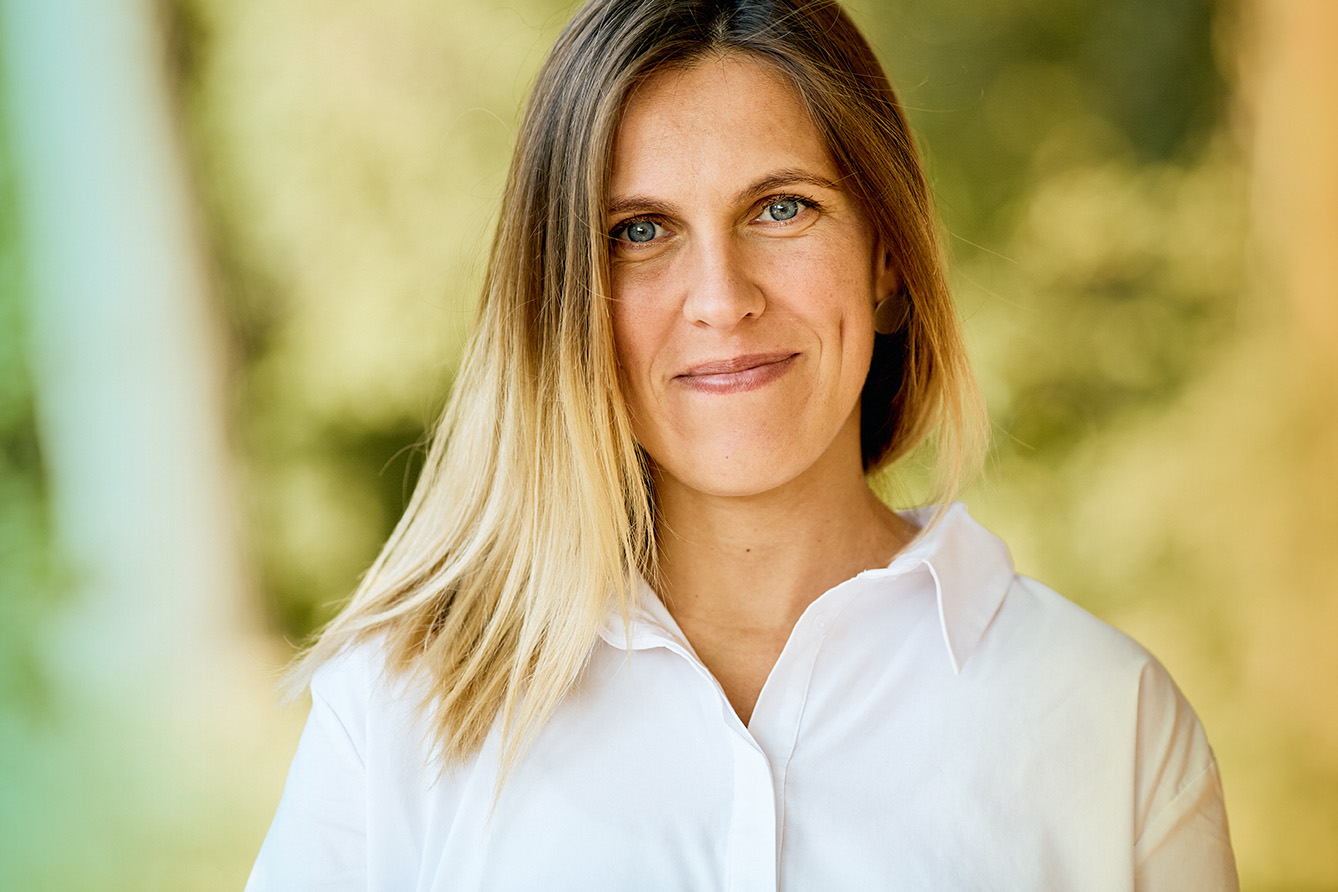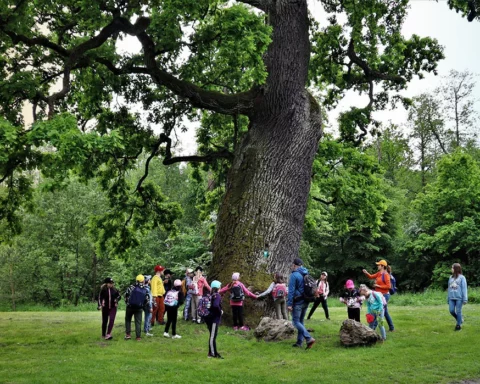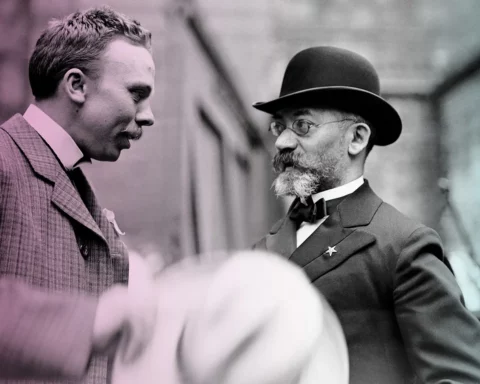It is a story that many are familiar with. From time to time, we clean out our closets only to realize that there are certain pieces of clothes just gathering dust and taking up space. In 2008, 21-year-old student Milda Mitkute decided that she needed to get rid of some of her clothes before moving to Lithuania’s capital city, Vilnius. She had no idea at the time that it was a decision that would help her create one of Lithuania’s largest companies.
Milda’s initial idea was to create a platform that would make it possible for friends to look at each other’s clothes that they wanted to give away. The platform became a big hit in Lithuania and quickly expanded into Germany. Another breakthrough came a few years later when the company hired Lemon Labs, a Lithuanian-based app development consultancy, to launch a mobile app – which became a huge success. The company saw a 30% increase in traffic on its web store within a day.
Taking the next step
Under Milda’s leadership, the company continued expanding abroad and now operates in 15 markets, mainly in European, from its headquarters in Vilnius. By 2019, Vinted had become Lithuania’s first tech unicorn by raising EUR 128 mln with a EUR 1 bln valuation. A year later, the company made another big decision by acquiring United Wardrobe, a Dutch competitor. By that time, the pandemic had influenced the way people were shopping, and the company had to make changes to adapt and continue its growth.
The company did not follow the path most of its rivals have taken. Instead of charging insertion and final sale fees for clothes and other second-hand items on its site, Vinted charges buyers a minor “buyer protection fee” for every purchase. Another source of income comes from charging sellers a small fee every time they “bump” their listings to the top of the catalog.
Apart from purely technical details, the company has also benefited from people’s increased knowledge about the modern fashion industry’s role in the environment. The production of most clothes is very energy and water-intensive. Every piece of clothes that can have its life prolonged by finding a new owner does immense good for the sustainability of modern societies. Vinted has stated that its mission is to make second-hand fashion the first choice.
The company is on a good track to reach that goal, with more than 50 million registered members globally. The pandemic helped, as it gave many people the time needed to clean out their closets while also stopping them from shopping for new clothes in local shopping malls. As a result, the Vinted app saw an increase in listings of 16%-17% during two main European lockdowns in 2020.
Despite its success, the company does not want to move away from its business model based on second-hand fashion, as it views second-hand shopping as a mission. For the sake of our planet, the sooner the general public understands the benefits of such an approach, the better for us all.







